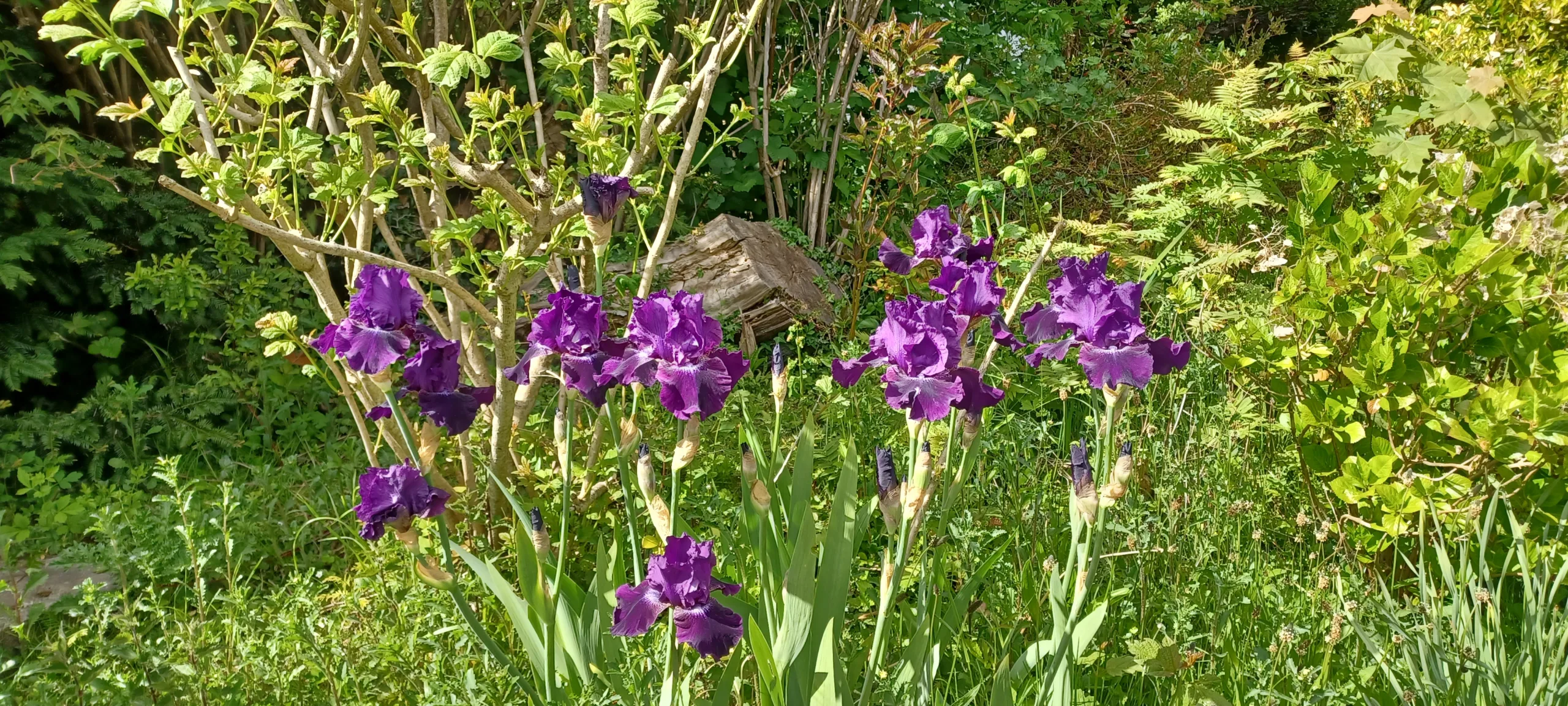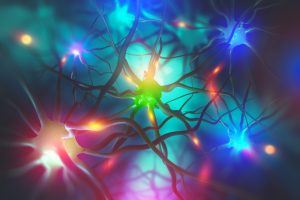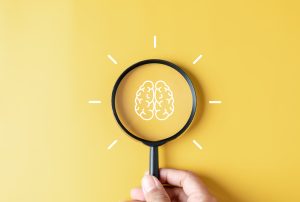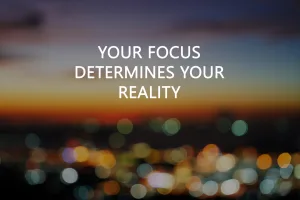THE BRAIN’S HAPPY HORMONES: A DOSE OF DOPAMINE

Imagine your brain as a magnificent garden. Just like a garden flourishes with care and new seeds, your mind blossoms with the nourishment of learning. Engaging with new ideas and skills isn’t about acquiring knowledge; it’s a powerful way to cultivate a healthier, more resilient, and happier brain.
Delving into the wonderful connection between learning and brain wellbeing, is a relationship brimming with immediate and long-term advantages, and one that you can harness to enhance your own life and inspire those around you.
 Think back to the last time you truly grasped a new concept or mastered a fresh skill. Remember that little spark of satisfaction? That feeling is partly due to the release of dopamine, a neurotransmitter associated with pleasure and reward. When you learn something new, your brain recognises this achievement and gives you a little chemical pat on the back. This isn’t just a fleeting feeling; it reinforces the learning process, making you more likely to seek out new information and experiences. Clients will attest that I encourage rewards and celebrations to help this process even more!
Think back to the last time you truly grasped a new concept or mastered a fresh skill. Remember that little spark of satisfaction? That feeling is partly due to the release of dopamine, a neurotransmitter associated with pleasure and reward. When you learn something new, your brain recognises this achievement and gives you a little chemical pat on the back. This isn’t just a fleeting feeling; it reinforces the learning process, making you more likely to seek out new information and experiences. Clients will attest that I encourage rewards and celebrations to help this process even more!

This dopamine surge has tangible benefits:
● Enhanced Motivation: The reward pathway in your brain is activated, making you feel more driven and enthusiastic about tackling challenges.
● Improved Focus: Dopamine plays a crucial role in attention and concentration, helping you to stay present and engaged.
● Boosted Memory: This neurotransmitter also aids in the consolidation of new information, making it easier to remember what you’ve learned.

Building Neural Pathways: Strengthening Your Brain’s Infrastructure
Learning is akin to building new roads and strengthening existing ones within your brain. Each new piece of information or skill creates new neural connections. The more you engage in learning, the more robust and interconnected your brain becomes.
This has several profound effects:
●Increased Cognitive Reserve: A more connected brain has a greater capacity to cope with age-related changes and potential cognitive decline. Think of it as having extra “brain power” in reserve.
● Enhanced Problem-Solving: A wider network of neural pathways allows for more flexible and creative thinking when faced with complex issues. You can draw upon a broader range of knowledge and make novel connections.
● Greater Adaptability: In an ever-evolving world, the ability to learn and adapt is paramount. A brain that is accustomed to learning is more agile and responsive to change.

Learning as Stress Relief: Finding Calm in Curiosity
While it might seem counterintuitive, engaging in learning can be a powerful stress reliever. When you focus your attention on a new topic or skill, it can provide a welcome distraction from daily worries and anxieties. The sense of progress and accomplishment that comes with learning can also boost your self-esteem and reduce feelings of stress.
 Embrace the “Five-Minute Spark”
Embrace the “Five-Minute Spark”
You don’t need to dedicate hours each day to reap the brain-boosting benefits of learning. Even small bursts of curiosity can be effective. Here’s something you can put into practice immediately:
The Five-Minute Spark:
1. Identify a topic that sparks your interest, even slightly. It could be anything – a new language phrase, a historical fact, a cooking technique, a scientific concept.
2. Dedicate just five minutes to exploring this topic. This could involve reading a short article, watching a brief video, or listening to a quick podcast. Set a timer if you have a propensity for going down rabbit holes online!
3. Notice how you feel. Pay attention to any feelings of curiosity, engagement, or even a small sense of accomplishment.
 This “Five-Minute Spark” approach is brain-friendly because it’s:
This “Five-Minute Spark” approach is brain-friendly because it’s:
● Low-pressure: Five minutes feels manageable and doesn’t trigger feelings of overwhelm.
● Accessible: You can easily fit it into your busy schedule.
● Reward-driven: Even a small amount of learning can trigger that satisfying dopamine release.
Over time, these small sparks of curiosity can ignite a lifelong love of learning and create significant positive changes in your brain’s health and overall well-being.
Embracing the joy of discovery and learning isn’t a chore; it’s an adventure for your mind.


